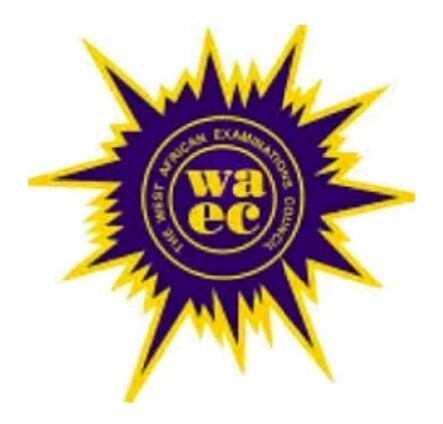When preparing for the Building Construction exam, it is crucial to have a clear understanding of the syllabus provided by the West African Examination Council (WAEC).
The syllabus serves as a roadmap, outlining the topics you need to cover and the format of the exam.
This blog post aims to simplify the WAEC Building Construction syllabus, highlighting its objectives, key topics, and recommended textbooks.
Whether you are a student or an aspiring builder, studying the syllabus will greatly enhance your exam preparation and ensure your success.
Exam Structure:
The Building Construction exam consists of three papers: Papers 1, 2, and 3. All three papers must be taken to complete the examination. Papers 1 and 2 are combined into a composite paper and should be completed in one sitting. Here’s a breakdown of the exam structure:
Paper 1:
- Duration: 45 minutes
- Format: Multiple-choice objective questions
- Total marks: 40
Paper 2:
- Duration: 1 hour
- Format: Short-structured essay questions
- Total marks: 60
Paper 3:
- Duration: 2½ hours
- Format: Practical test
- Sections: A (for candidates in Nigeria, Sierra Leone, and The Gambia) and B (for candidates in Ghana)
- Total marks: 100
Syllabus Content
The WAEC Building Construction syllabus covers a wide range of topics that are essential for understanding the principles and practices of building construction. Here is a simplified breakdown of the syllabus content:
-
Introduction to Building:
- Definition and classification of buildings
- Introduction to National Building Codes and regulations
-
Building Construction and Construction Team:
- Purpose, procedures, and parties involved in building construction
- Roles and relationships within the construction team
-
Safety Practices:
- Definition of safety and accident prevention measures
- Hazards in construction sites and safety equipment
- First aid procedures and safety wear
-
Basic Tools, Equipment, and Machines:
- Identification and functions of common tools and equipment
- Proper care and maintenance of tools and equipment
-
Site Clearing and Levelling:
- Operations, tools, and equipment for site clearing
- Basic site levelling techniques
-
Site Organization and Layout:
- Preliminary operations in building construction
- Procedures for site layout and boundary marking
-
Setting Out:
- Methods, tools, and equipment for setting out
- Procedures for accurate building layout
-
Building Drawing:
- Use of drawing tools and basic exercises on plane geometry
- Building drawing symbols and scales
- Production drawings and interpretations
-
Excavation and Earthwork:
- Classification of soil and excavation methods
- Tools, equipment, and safety measures for excavation
-
Foundation:
- Types of foundations and factors influencing their choice
-
Ground Floors:
- Types and construction methods of ground floors and basements
-
Suspended Floors:
- Construction methods for concrete and timber upper floors
-
Concrete:
- Types, components, and properties of concrete
- Materials, production process, and testing of concrete
-
Walls:
- Types, construction methods, and properties of walls
- Manufacturing processes of walling materials
-
Doors and Windows:
- Types, functions, and construction of doors and windows
-
Staircases:
- Classification, materials, and construction of staircases
-
Plumbing Installations and Drainage System:
- Types of fittings, materials, and installation procedures
- Principles and types of drainage systems
-
Electrical Installation and Solar Energy System:
- Electrical symbols, wiring materials, and types
- Components and functions of solar energy systems
-
Roofs:
- Types, materials, and construction techniques for roofs
-
Finishes:
- Floor, wall, and ceiling finishes and their installation methods
-
External Work:
- Fencing, gate construction, access roads, and landscaping
-
Types of Business Organization and Ways of Raising Capital:
- Principles of business organization in the building industry
- Types of organizations and sources of capital
-
Bookkeeping:
- Basic bookkeeping principles for small-scale businesses
-
Contract Work:
- Definition, types, and contract documents
Recommended Textbooks:
To supplement your studies, here are some recommended textbooks for Building Construction:
- Barry’s Introduction to Construction in Buildings – Stephen Emmitt and Christopher A. Gorse
- Blocklaying and Concreting – M. O. Obande
- The Construction of Buildings (Volumes I–V) – R. Barry
- Building Technology – Ivor H. Seeley
- Building Construction by Adesokan and M. O. Adeniyi (for Senior Secondary Schools)
Conclusion
Studying the Building Construction syllabus is vital for effective exam preparation.
It provides a clear outline of the topics you need to cover and helps you focus on the essential concepts.
Remember to refer to the recommended textbooks to enhance your understanding.
With thorough preparation using the syllabus as your guide, you will be well-equipped to excel in the Building Construction exam.






